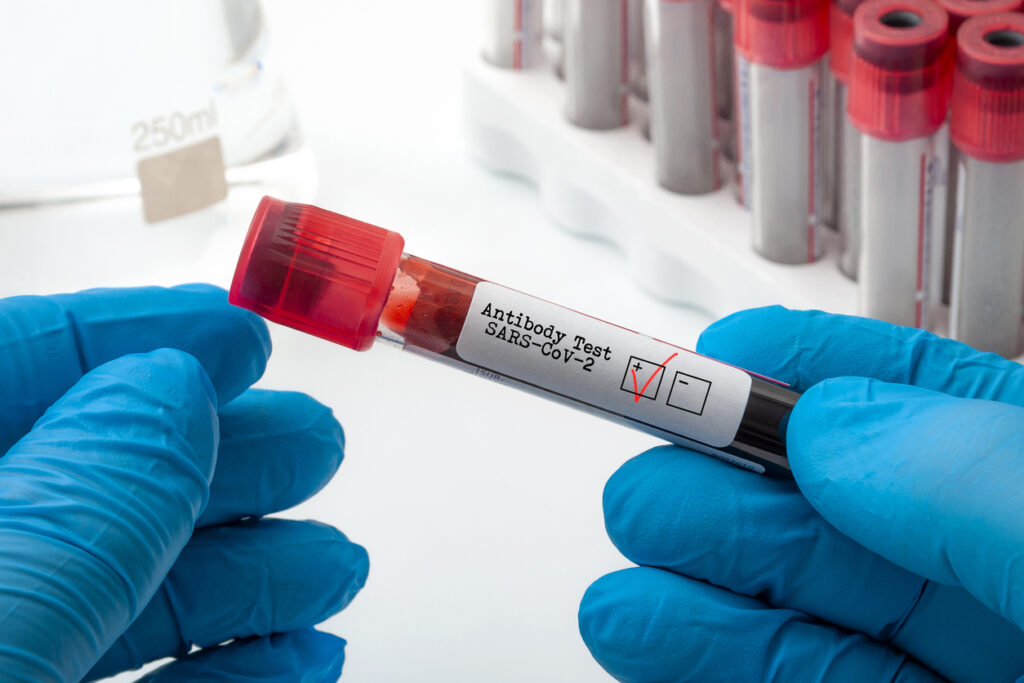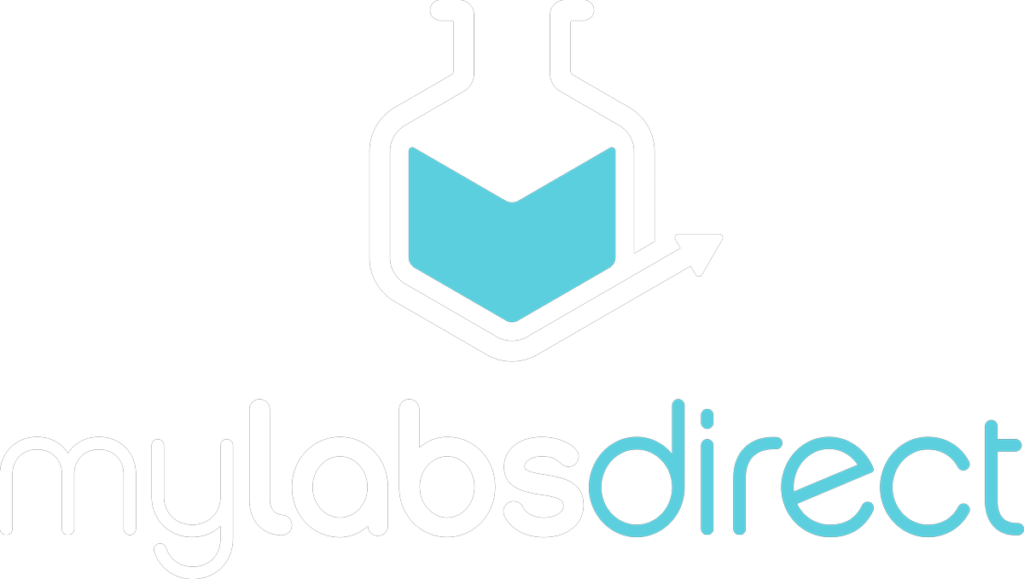Qualitative vs. Quantitative Antibody Testing

With 2022 right around the corner and COVID-19 still present in our everyday lives, consistent testing still plays a crucial role in our fight against the spread of the virus and its variances. Testing allows us to better understand the spread of the virus, the symptoms, and how to keep ourselves and those around us safe, as even today, a cough, sneeze, or sniffle has you and those around you wondering if they’ve caught it.
When the pandemic was at its peak, getting tested for COVID-19 meant waiting in line for hours at designated testing sites. The difference today is the availability of testing. Now you can go straight to the lab and order your own tests without a physician order or insurance. You can even schedule testing in your own home through mobile concierge testing services.
The constant improvements in testing technologies have allowed for several ways to get tested. However, with many states and countries requiring a negative COVID-19 test for entry, the question, “How do antibody tests work?” is still a mystery for many Americans. Below we let the nation’s experts break down the difference between the main types of antibody testing: qualitative and quantitative.
Qualitative Testing v. Quantitative Testing
The difference between qualitative and quantitative testing is what the results of each tells you. For example, a qualitative test shows whether or not you have COVID-19 antibodies in your system, and a quantitative test shows how many COVID-19 antibodies are in your system. In the article Quantitative Measurement of Anti-SARS-CoV-2 Antibodies: Analytical and Clinical Evaluation it states that “Quantitative antibody determination may help determine antibody titer and facilitate longitudinal monitoring of the antibody response, including antibody response to vaccines.”
It is essential to keep in mind that, according to the Center for Disease Control (CDC), the “FDA requires commercially marketed antibody tests for SARS-CoV-2 to receive Emergency Use Authorization (EUA) or approval.” They go on to state that “Only one test has received an EUA as a quantitative assay (providing a measured and scaled assessment of antibody levels). All other currently authorized tests are qualitative (providing a result that is positive, negative, or indeterminate) or semi-quantitative.
What Are Your Options?
The World Health Organization has developed international standards for SARS-CoV-2 antibody tests that can serve as the foundation for the calibration of tests that quantify antibodies. Both laboratory and point-of-care antibody tests have received EUA from the FDA.”
The CDC describes Point-of-care antibody tests as antibody tests performed at or near where the specimen is collected and can produce results in a matter of minutes. Likewise, what My Labs Direct currently offers are laboratory antibody tests which can detect antibodies in blood which require trained laboratory scientists and specialized instruments. These tests are far more accurate and can produce HIPAA compliant secure electronic results approx. 24 hours of arriving at our lab.
Whether you are vaccinated, partially vaccinated or unvaccinated, COVID-19 antibody tests are available to you.
With a Covid free world out of sight for the foreseeable future, it seems testing will be an inevitable part of our lives. So stay safe, know the symptoms and find a reliable testing method that you can use and trust for your whole family.
If you have any questions, concerns, or need testing, we can help. Contact My Labs Direct at 877-355-7978 or visit MyLabsDirect to learn more.

